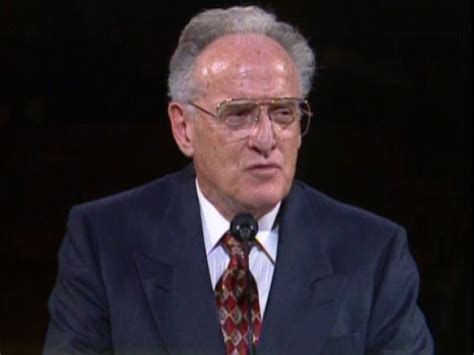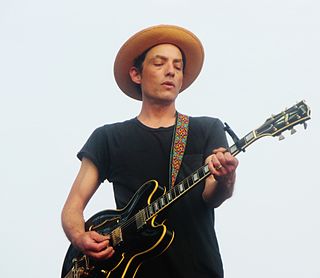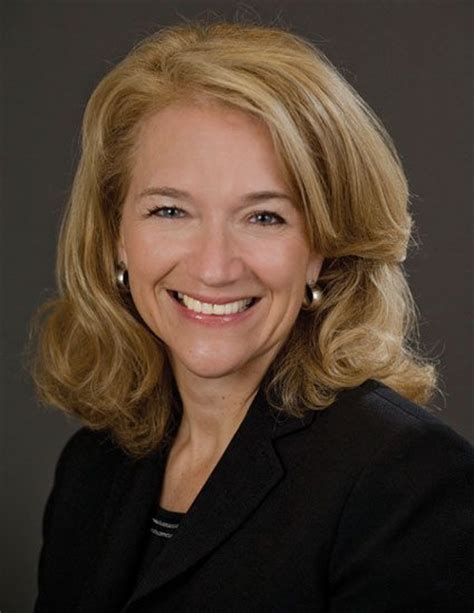A Quote by Karan Johar
I'm deeply stressed as a filmmaker, and I know I'm not alone. The censorship crisis, the moral policing, the politics of it has most of us on edge. I'm scared to use certain words: like, if I use 'Bombay,' will there be a problem?
Related Quotes
Self-censorship happens not only in China, or Iran or ex-Soviet places. It can happen anywhere. If an artist penetrates a certain taboo or a certain power through their work, he or she will face this problem. I'm always saying that commercial censorship is our foremost censorship globally today. Why do we still pretend we are free?
In this box are all the words I know… Most of them you will never need, some you will use constantly, but with them you may ask all the questions which have never been answered and answer all the questions which have never been asked. All the great books of the past and all the ones yet to come are made with these words. With them there is no obstacle you cannot overcome. All you must learn to do is use them well and in the right places.
If I do, I say so. That's the only way out of that. If there are three words that need to be used more in American journalism, commentary, politics, personal life... it's the magic words "I don't know." I mean, there are certain basic principles, like the dignity of the individual and the individual's responsibility, and certain basic economic principles, like how when something costs less, more of it will be consumed... There are certain things that I feel pretty confident about.
The words 'maybe' and 'perhaps' are literally the same - the flavor is the same, the educational level is the same. But you just know when to use maybe and when to use perhaps. I think it's because of this: You get to know the tastes or musical tastes of words themselves, and this informs your choice, whether you use them or not.
I have a really good idea of who my readers are and always write with a sensitivity to my audience. I use the F word when necessary, but there are words I won't use, mainly because I don't like them. I don't write about body parts when I write about sex. It's not about the physiological, it's more important for teens to read about the emotional aspects. I do think there are times when self-censorship is important.
I will use a form of punctuation of my own, which will be something like this - when one is beginning he takes a long breath, for this use a capital. When he stops for breath, a comma, and when it is all gone, a period. Don't know the use of a semi-colon, but expect it is when one thinks he is out of breath and isn't.
Even as a woman who has a voice in the world, I struggle to find it, to use it, to keep it, to stretch it, to take risks with my words. And I don't think I'm alone. I think the most powerful women among us struggle with how to use their voice. Because I think what every woman knows, is that when she speaks her truth she is at risk - whether it's Hillary Clinton or a rural woman in Rwanda.






































